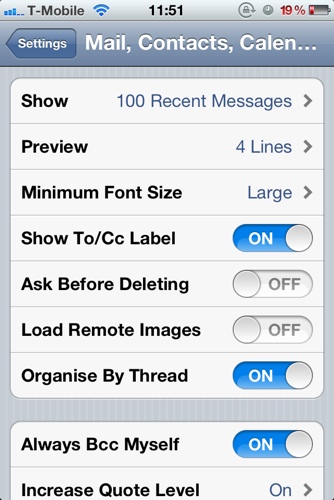Clive is very fond of saying that we understand email like most people understand postage stamps.
It’s a bit of a throwaway phrase which doesn’t mean an awful lot but is very memorable, I think you’ll agree!
However, the main problem is that few of his listeners will realise quite how much of a big deal that is.
For example, do you know that all major email providers allow you to get your email using either POP3 or IMAP4? What is the difference and do you care?
Both POP3, SMTP and IMAP4 are called protocols. They are standardised methods for transmitting your email properly.You must use a mail client to access your email, which is held on a mail server, and they exchange information using one of the protocols.
The POP3 (Post Office Protocol 3) protocol lets you download your email to your computer and then look at it later even if no internet connection is available. You can also choose to leave copies on the mail server, and look at them using any internet-connected computer if you are away from your own. Only the email you leave on the server counts towards any limit you might have. However, any actions you perform on your email on your own computer will have no effect on the mail held on the server, and vice versa. IMAP4 (Internet Message Access Protocol), in contrast, is left on the server (where it will continue to count towards your mailbox limit). If you create folders/organise your mail on your own computer, you will see this when you log in to your server via webmail (and vice-versa). In addition, when you mark a message “read” in on your mobile device, it will show as “read” on your computer copy.
The SMTP (Simple Mail Transfer Protocol) protocol is used to deliver your email to the recipient’s mail server. The SMTP protocol can only be used to send emails, not to receive them.
Clive (and the other Octagon Technology engineers) gets involved with the kind of email you can download to your computer and use in conjunction with other things you need to do and other computer programmes you need to use to organise your work.This involves many other skills such as making sure everything is safe and secure, and perhaps encrypted or protected in other ways.Some of the other things to consider will be subjects of future blog entries.
email options in iOS


